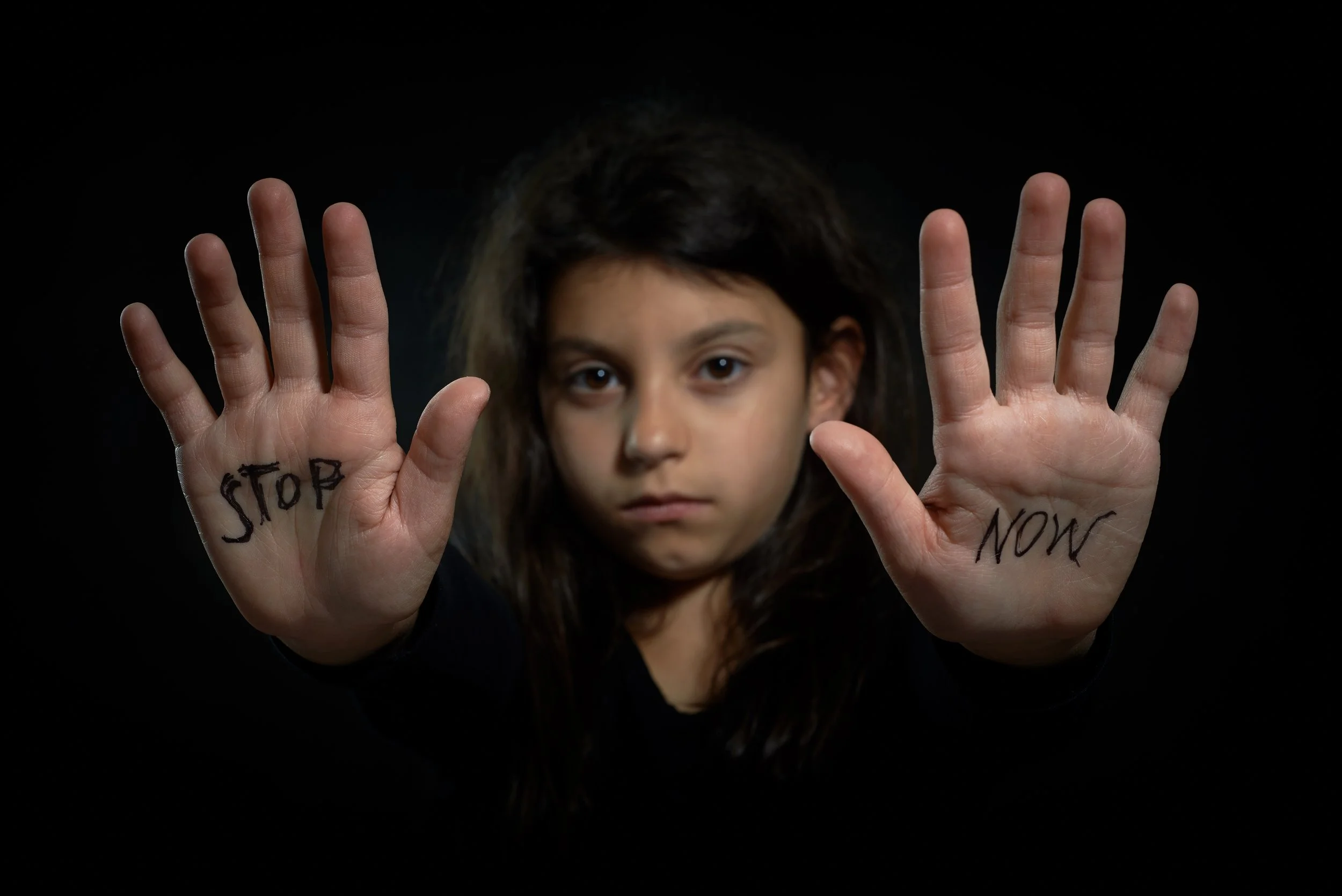Institutional Liability | Schools, Churches, Camps, and Youth Programs - Pennsylvania & New Jersey
Executive Summary and “Why This Matters”
Institutions that serve children must do more than post rules on a wall—they must put those rules into practice. When poor supervision, weak hiring, or missed warning signs lead to harm, the law can hold the organization responsible. This article explains key concepts in plain English and gives you the first steps to protect your family’s rights in Pennsylvania and New Jersey
What Is “Institutional Liability”?
When a school, church, camp, or youth program fails to act reasonably and a child is hurt, the institution can be liable for:
Negligent Supervision: Not enough adult coverage, poor line-of-sight, skipped head counts, or one-on-one situations that should never happen.
Negligent Hiring/Retention: Inadequate background checks, ignoring red flags, or keeping someone on after credible complaints.
Policy Failures: Rules exist on paper but cannot be followed (e.g., staffing ratios that make the schedule impossible).
Mandatory-Reporting Failures: Staff who are legally required to report suspected abuse don’t—or wait days to act.
Notice: The organization knew or should have known about risks—through prior incidents, emails, or obvious hazards—and didn’t fix them.
Plain truth: Policies are not shields if the daily routine makes them impossible to follow
How Cases Are Proven (without the legalese)
We build a timeline that shows what was supposed to happen vs. what actually happened:
Policies vs. Practice: Head-count rules, bathroom protocols, two-adult (“two-deep”) supervision, pick-up procedures.
Ratios & Coverage: Duty rosters and substitutions—could staff realistically supervise all children?
Prior Warnings (“Notice”): Parent emails, teacher notes, camp logs, or texts that flagged concerns earlier.
Hiring & Training: Were checks done? Did staff complete required training and sign acknowledgments?
After the Event: Who knew what, when? Did anyone report to state authorities on time?
Pennsylvania & New Jersey Spotlight (practical, not pedantic)
Mandatory Reporting: Both PA and NJ have strong reporting duties for suspected child abuse. Internal reporting to a supervisor does not replace the legal duty to report to the state.
Records Access: Access to school, church, or camp records varies. We tailor preservation requests to local policies and timelines.
Your Role: You don’t need to “prove a case” on day one. Focus on safety, medical care, and preservation; we’ll handle the rest.
(This is general information; specifics depend on facts and jurisdiction.)
Case Study (anonymized): “Sunday Aftercare” Gap
· Setting: Weekend youth program; ages 9–12.
· On-paper policy: Two-adult supervision at all times; 10-minute head counts; bathroom door ajar policy; no closed rooms.
· What actually happened: A volunteer walked a child to a side room “to finish crafts.” The second adult was pulled to the lobby for pick-ups. Door closed; no line-of-sight for 8–10 minutes.
· Prior notice: Parent email two weeks earlier warning about the same volunteer’s favoritism and isolating behavior.
· Response delay: Incident was discussed internally that evening but not reported to state authorities for three days.
· Result: Institution accepted responsibility for negligent supervision and late reporting; settlement included policy upgrades and monitoring.
Takeaway: If staffing and schedules make rules impossible to follow, the institution must fix the system—not just apologize after the fact.
First 72 Hours: What Families Can Do
Ensure Safety & Care
Seek medical/therapeutic care. Keep discharge papers, referrals, and provider notes.
Preserve Evidence (in writing)
Ask the institution to retain surveillance video, sign-in logs, duty rosters, incident reports, emails, and chat records. Many systems overwrite video in days, not weeks.
Write a Same-Day Timeline
Who, what, where, when. Names of staff and witnesses. Save texts and emails.
Consider a Mandatory Report
If abuse is suspected, a report to the state hotline may be appropriate. We can explain the process and timing for your situation.
Limit Social Media
Don’t post details online. Privacy protects your child and the integrity of any investigation.
Talk to Counsel
A short call can map your options and protect the record from day one. Speak with an Edelstein Law Attorney about all of the possibilities a case like this can entail.
Client Checklist (print-friendly):
☐ Medical/therapy visit completed; paperwork saved
☐ Same-day timeline written (names, locations, times)
☐ Preservation request sent from our office (supply any videos, logs, rosters, reports, emails/chats)
☐ Witness names and contacts identified
☐ Hotline reporting considered; confirmation saved (if made)
☐ Social media limited; privacy tightened—Hint “deactivate social media during a lawsuit or set everything to private.” Assume nothing is private
☐ Consultation scheduled to review rights in PA or NJ
Questions About Institutional Sexual Abuse?
We Have Answers
-
Answer: No, mandatory reporting, (i.e., mandated reporting) is triggered by reasonable suspicion, not certainty. Investigators sort out details once a report is made to the proper authorities.
-
Answer: Institutions still have duties—screening, training, and supervision. Liability can apply based on control and foreseeability.
-
Answer: Safety planning matters. We can coordinate with the institution on protective measures and, where applicable, use formal processes that require safeguards.
Protecting Your Children—The Bottom Line
Institutions that serve kids must turn policy into daily practice. When supervision fails or warnings are ignored, the law provides a path to accountability. Your job is to protect safety and preserve the record; our job is to build the case. Teamwork is what will make or break a case.
Call Today and Talk to Institutional Sexual Abuse & Assault Experts
If your family needs clarity after an incident at a school, church, camp, or youth program, we can walk you through preservation, reporting options, and next steps in one focused call—calm, trauma-informed, and thorough.
Edelstein Law • 230 S. Broad St., Suite 900, Philadelphia, PA 19102 • (215) 893-9311 • PA & NJ
Standard Disclaimer: This material is for general information only and does not constitute legal advice. Reading it or contacting Edelstein Law does not create an attorney–client relationship. Do not send confidential information until representation is confirmed in a written engagement letter. Sharing or discussing this content with other lawyers does not create a co-counsel, joint-venture, or referral arrangement; any such relationship requires a separate written agreement executed by Edelstein Law and the participating firm(s), and, where applicable, the client.
If a child is in immediate danger, call 911. For confidential support, the National Sexual Assault Hotline (RAINN) is available at 1-800-656-HOPE (4673) or via online chat.





